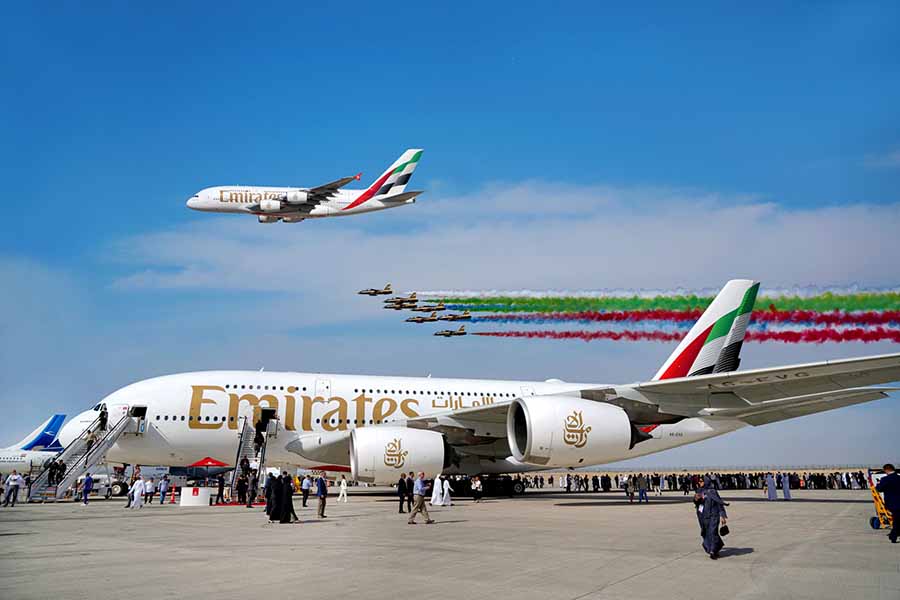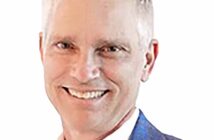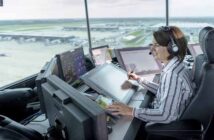
Sheikh Mohammed bin Rashid Al Maktoum toured the Dubai Airshow site at Dubai World Central. He examined displays in aviation, aerospace, air mobility and defence. The event serves as a platform for industry leaders, innovators and policymakers. They discuss technology advances and international collaboration. The United Arab Emirates attracts manufacturers. It supports research and development. It funds innovation in civil and military aviation. The airshow positions Dubai as a hub for aviation technologies. It aids international partnerships. Sheikh Mohammed viewed aerial displays by the Al Fursan aerobatic team. International teams presented military and commercial aircraft. He visited pavilions with solutions in smart and sustainable aviation. Displays covered aircraft, drones and technologies.
More than 200 aircraft appear at the show. These include private jets, commercial airliners, military planes and eVTOLs. Drones demonstrate urban air mobility. Dubai Airports, dnata and flydubai present a sustainability showcase. It features a green aircraft turnaround process. Elements include hydrogen refuelling, biofuels, solar energy, electric ground vehicles and circular-energy systems. Airbus conducts a flight. It shows emissions-reduction methods. These comprise next-generation aircraft, sustainable aviation fuel, Book and Claim credits and carbon dioxide removal.
The conference programme includes 12 tracks. Topics cover airport decarbonisation, artificial intelligence in aviation, space technology and regulatory innovation. Emirates signs a memorandum of understanding with Rolls-Royce. The agreement covers maintenance, repair and overhaul procedures for its Airbus A380 fleet. The engines use Rolls-Royce Trent 900 turbofans. Work starts in 2027. Emirates Engineering receives design organisation approval from the General Civil Aviation Authority. This marks the first such approval in the United Arab Emirates. It allows major aircraft modifications through supplemental type certificates. These enable cabin reconfigurations and design changes.
Ethiopian Airlines agrees to lease two Airbus A350-900 aircraft from Novus Aviation Capital. The carrier selects Collins Aerospace for premium seats. These install on the A350 and Boeing 737 MAX. Riyadh Air signs an agreement with CAE. It acquires two Airbus A321neo full-flight simulators. A five-year training centre operations contract accompanies the purchase. Tawazun Council announces 20 contracts. These total 18.016 billion United Arab Emirates dirhams, equivalent to 4.6 billion euro. The deals involve the United Arab Emirates Ministry of Defence and Abu Dhabi Police. International agreements include two with Thales of France. One covers air maintenance at 53.5 million dirhams, or 13.7 million euro.
flydubai adopts Starlink Wi-Fi. The rollout covers more than 100 Boeing 737s in 2026. The carrier expands its fleet with Airbus A321neos and Boeing 737 MAXs. A Russian Sukhoi Su-57 fighter jet performs a flight display. The aircraft appears at the show for the first time outside Russia and China. An F-35A completes a demonstration. It highlights agility and capabilities. GE Aerospace and CFM International secure engine deals. Rolls-Royce follows. Pratt & Whitney records no orders.




